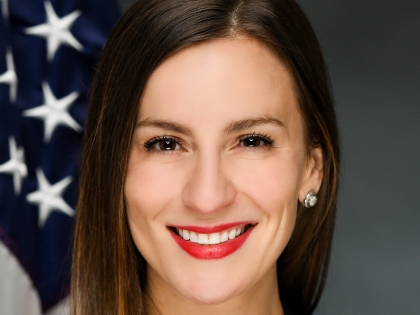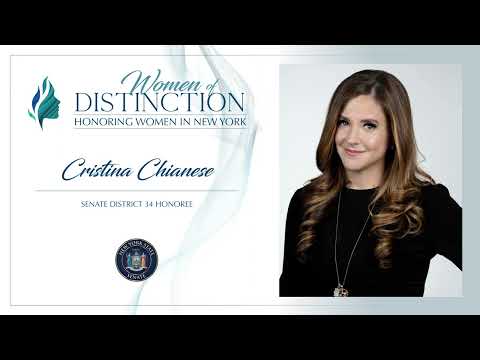
The fight for abortion rights in New York is not over

The victory by anti-abortion advocates in Texas this week – enacting a law that bans abortions after about six weeks and allows citizens to sue anyone aiding or abetting an abortion – may seem far away from New York. After all, New York codified abortion rights into state law with the Reproductive Health Act. But while abortion rights advocates secured that victory in 2019, the future of Roe v. Wade, the U.S. Supreme Court opinion that legalized abortion in 1973, is more precarious in the rest of the country. The current Supreme Court’s decision to not block the Texas law has put fears over shrinking access to abortions into hyperdrive.
State Sen. Alessandra Biaggi is one of many New York lawmakers who has decried the Texas law. Biaggi, along with Assembly Member Karines Reyes, has introduced a bill that aims to address existing roadblocks to accessing abortions, even in a “reproductive sanctuary state” like New York. City & State caught up with Biaggi to talk about those remaining barriers and why her bill has yet to advance in the Legislature. The responses have been edited for length and clarity.
What’s your reaction to the stringent restrictions on abortions that Texas enacted this week?
What’s going on in Texas is outrageous. I mean, I’m not surprised. So that’s probably alarming to even my own self. I think the thing that feels so upsetting is that so many of us have been screaming about this for so long and basically have been told that we are hysterical or we should just calm down, because this is a constitutional right and nothing’s gonna happen to Roe. And clearly, we knew that something could happen to Roe, because it’s not codified into the law at the federal level, and it can be overturned. So we’re seeing the beginnings of that. If you just flip back to 2017, when I worked on the Second Floor, the bill that I worked on was the Reproductive Health Act. It not passing in 2017 really motivated me to run because (Donald) Trump was president, and I thought, at any moment, this is something that can be overturned and New York has to be on the right side of this, because people are going to rely on us to protect them. It was like the centerpiece of my campaign. It was the thing that I wanted people to understand. And when I told people about the bill, they actually already thought that New York had those protections in place, which goes to show you how shocking I think this was for a lot of New Yorkers. But we obviously passed it in 2019. But we passed it after 10 years of people – I’m just going to be very straight up with you, we passed it after 10 years of men stopping it. So we have these problems in New York. We just were able to overcome them through elections.
The Reproductive Health Act in 2019 codified abortion rights into New York state law, but what barriers to accessing a safe and affordable abortion still exist here?
New York is seen as a reproductive sanctuary state, and it’s something that we should be proud of. And we should be proud of it because it means that we see abortion as access to health care, because it is. So that’s important. I think when we talk about reproductive justice, it is more than just securing the right to an abortion. It’s making sure that we’re ripping down the roadblocks for accessing that right. We can say that you have the right to do something, and in this case, the right to an abortion. But if you can’t access it because of things like, for example, child care or transportation or time off of work, then really, what are we saying? We’re saying that this is a right only for those who are financially in a secure place. It impacts low-income and young people, and people of color.
Your proposed bill would give New York taxpayers the option to contribute to an abortion access fund on their tax forms. How does that fund and this bill address this accessibility issue?
We’re giving people an option to essentially put their values into action by contributing to the fund on their tax forms. And so the money that they donate – whether it’s $1 or $100 or $100,000 – goes into the operational and programmatic expenses of not-for-profits that are providing the logistical and also the financial support to people who need abortions. It’s things like transportation, it’s things like the actual procedure of abortion itself. It’s things like child care costs. Codifying Roe v. Wade was an amazing feat that we overcame, and we did. But also, it’s not enough. And I think telling ourselves the story that it’s enough is delusional.
You and Assembly Member Karines Reyes first introduced this bill in 2019, yet it didn’t move forward in that session or in this past session when you reintroduced it. Why is that?
I think there is a sentiment in New York, I think there is a sentiment in other places, that we’ve done it. The places that have actually taken action to protect abortion – whether it’s codifying Roe or putting more protections in place – feel like, “OK, we’ve done what we need to do.” But that’s only half of the story. And that’s why I feel like it’s irresponsible to just stop there. Because we’re refusing to take seriously that even though everybody has the right to an abortion, not everybody can access it.
